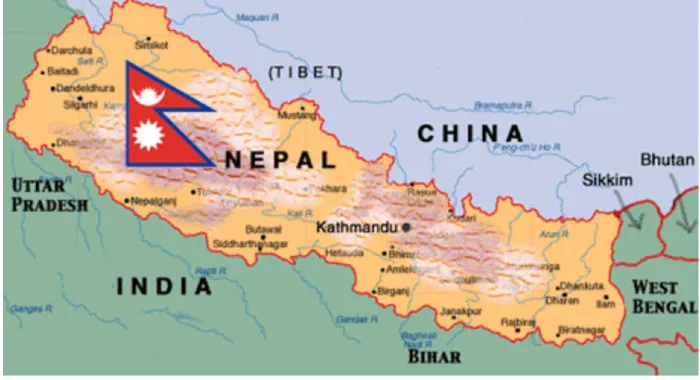Nepal’s rice production is thinning even as its population grows. Overall food imports in the country, which is otherwise agriculture based, have risen sharply at a time when Kathmandu is battling several economic challenges amid the Covid 19 pandemic.
Between 2015 and 2020, imports of agriculture products have gone up by a whopping 65 per cent. A chunk of the foreign exchange reserves is now being directed to foot the country’s food import bill. According to Nepali Times, the Himalayan nation’s population has more than tripled from 9.4 million to almost 30 million in the last 60 years but paddy productivity has doubled from 1.8 tonnes per hectare to 3.8.
Also read: Nepal hopes India's high growth and connectivity will spur Kathmandu's economy
Analysts said that crop sizes have shrunk amid urbanization but lower agriculture yields are also due to an exodus of labour force.
“Nepal is less and less able to feed itself. Educated people are giving up farming for salaried jobs or migrating overseas, leading to falling production,” the news organization said. Labour shortage is something that is hitting Nepal, which is also susceptible to natural calamities such as floods and earthquakes. Employment growth in the farm sector, especially for the noncash crop segments such as paddy, has almost remained negative.
The International Labour Organisation in a report earlier noted that paddy is the most labour-intensive, and a shift away from other crops like wheat and maize would have an adverse effect on labour absorption.
While a large proportion of agro products, including rice, is imported from India, Nepal has been sourcing from faraway countries as well. Brazil, Australia and even Argentina apart from several other southeast Asian nations have been regularly exporting food items to Nepal. While Paraguay and Brazil supplies soyabean oil, Australia provides a part of the total lentil requirement.
The food import bill has also increased with improved purchasing power among Nepalis. “Often food imports go up when overall living standards improve. In Nepal for example, many are now opting for high quality Basmati or other premium quality rice and other food stuff,” an analyst told India Narrative.
However, concerns for Nepalese policymakers are now growing as the country’s foreign exchange is depleting rapidly with inflow of remittances slowing. That apart, the arrival of tourists had also come to a halt due to the pandemic. The Sher Bahadur Deuba government is now looking to carve out ways to attract tourists into the country.




















